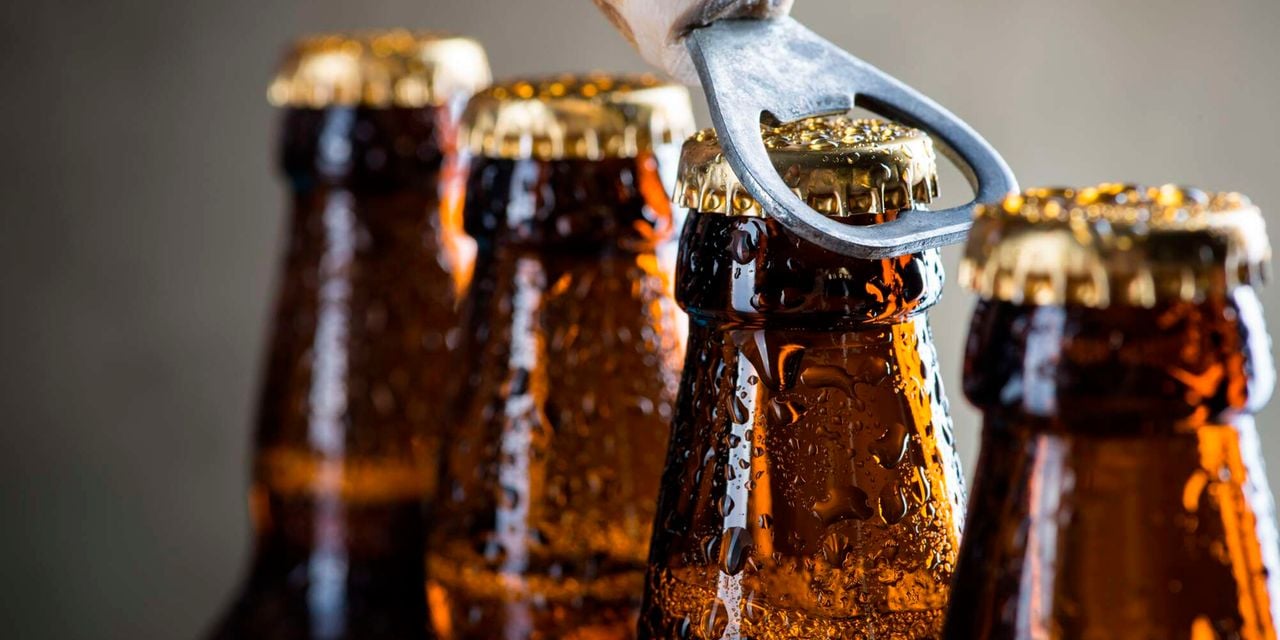Namibia brewer, Kwal eye Kenya middle-class

Namibian brewer, Windhoek has partnered with the Kenya Wine Agencies Limited (Kwal) to launch its beer in Kenya, with eyes on the middle class consumers.
Windhoek, which has previously tried the Kenyan market but left, has appointed Kwal as its distributor in Kenya.
“The beer market in Kenya is growing rapidly, driven by an increasing number of consumers who are willing to invest in high-quality beverages. With the rise of Kenya’s middle class and a more sophisticated consumer base, there is a clear demand for beers that offer superior taste, authenticity, and craftsmanship,” Windhoek Beer’s Marketing Manager Tasneem Klazen said.
The company hopes to ride on Kwal’s market networks, to grow its distribution even as it faces competition by established rival brewers such as the East African Breweries Limited (EABL), Keroche Industries and Kwal’s own products.
Kenya’s beer market has been busy with trends that have included brewers introducing drinks to appeal to modern consumers, as legacy beers struggled to sell due to taxes imposed by the government.
Among beers Windhoek will compete with in the market include legacy brands distributed by the EABL such as Tusker, Whitecap and Guinness, and brands introduced in recent years such as Tusker lite and Tusker malt.
“We have strategically repositioned our beer offerings to cater to a broader audience of consumers, encompassing not only the traditional lagers, stouts, and malts but also introducing flavoured beer options to appeal to the curious consumer,” EABL stated in its latest annual report.
The Namibian beer will also face Keroche’s beers such as Summit and KG Lagers, and Summit Malt.
Kwal’s Managing Director Lina Githuka said the new product would help reach beer consumers whose interests have not been captured by existing brands.
Windhoek says its return to Kenya is because it believes the market still has room for diversity.
“Windhoek Beer doesn’t aim to replace or compete with traditional beverages but rather to offer an alternative. Our brand appeals to today’s consumer who is seeking pure and flavorful beer options that complement their authentic lifestyle,” Ms Klazen said.
It says its market study has shown that a growing number of Kenyan consumers increasingly seek premium and craft beers for social occasions, which has resulted in a surge in demand for high-quality brews.
Established brewers in the country have had to introduce a number of new, trendy beers to take care of diverse customer segments, in a race that has left them competing to come up with products that attract the most drinkers.
Most of the new products have targeted female drinkers and persons who prefer drinks with low alcohol content.
The new trend has been as legacy beer brands in the Kenyan market experience slow growth as beer consumers run towards hard liquors, and soft drinkers prefer brands that are light on alcohol content.

